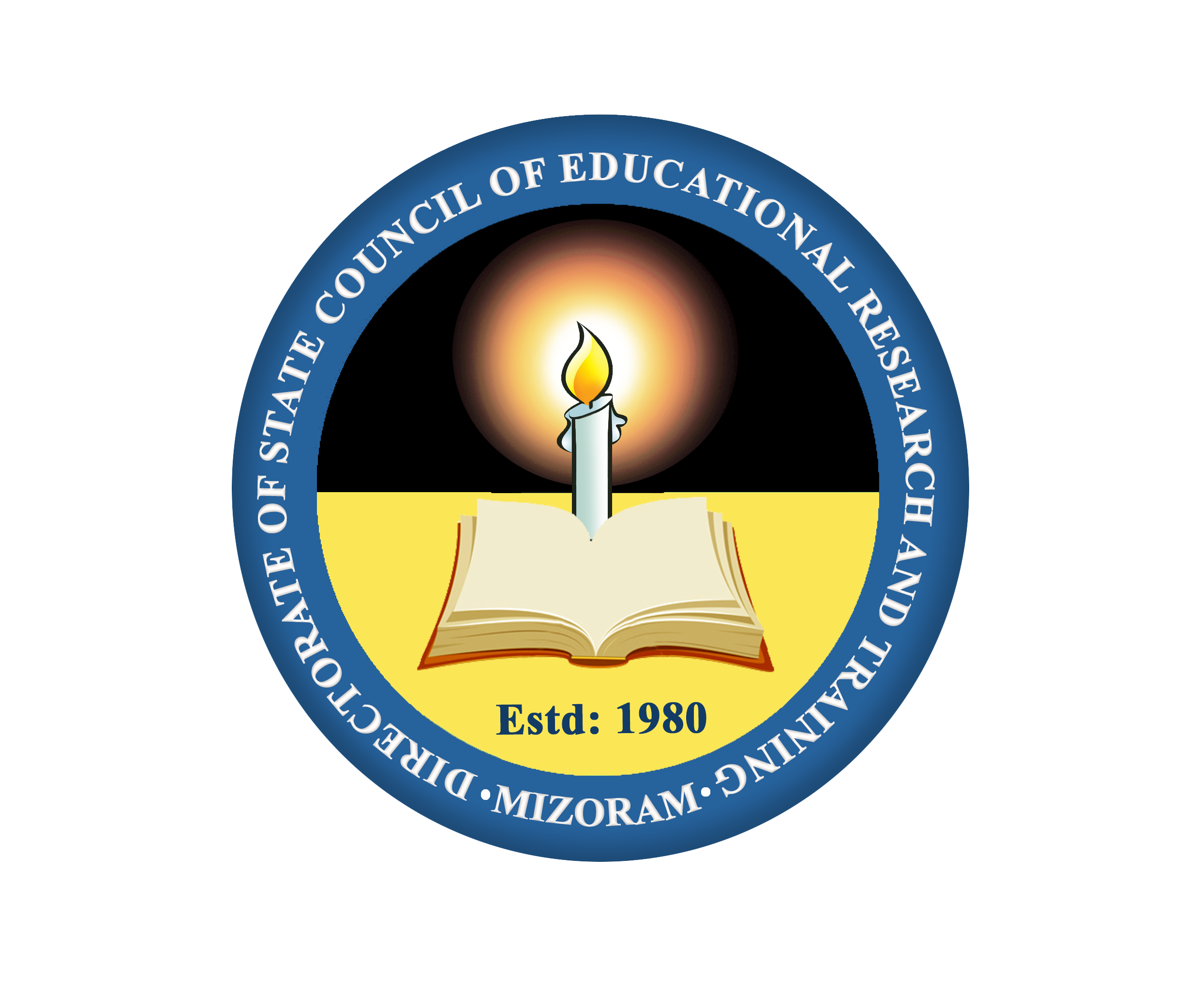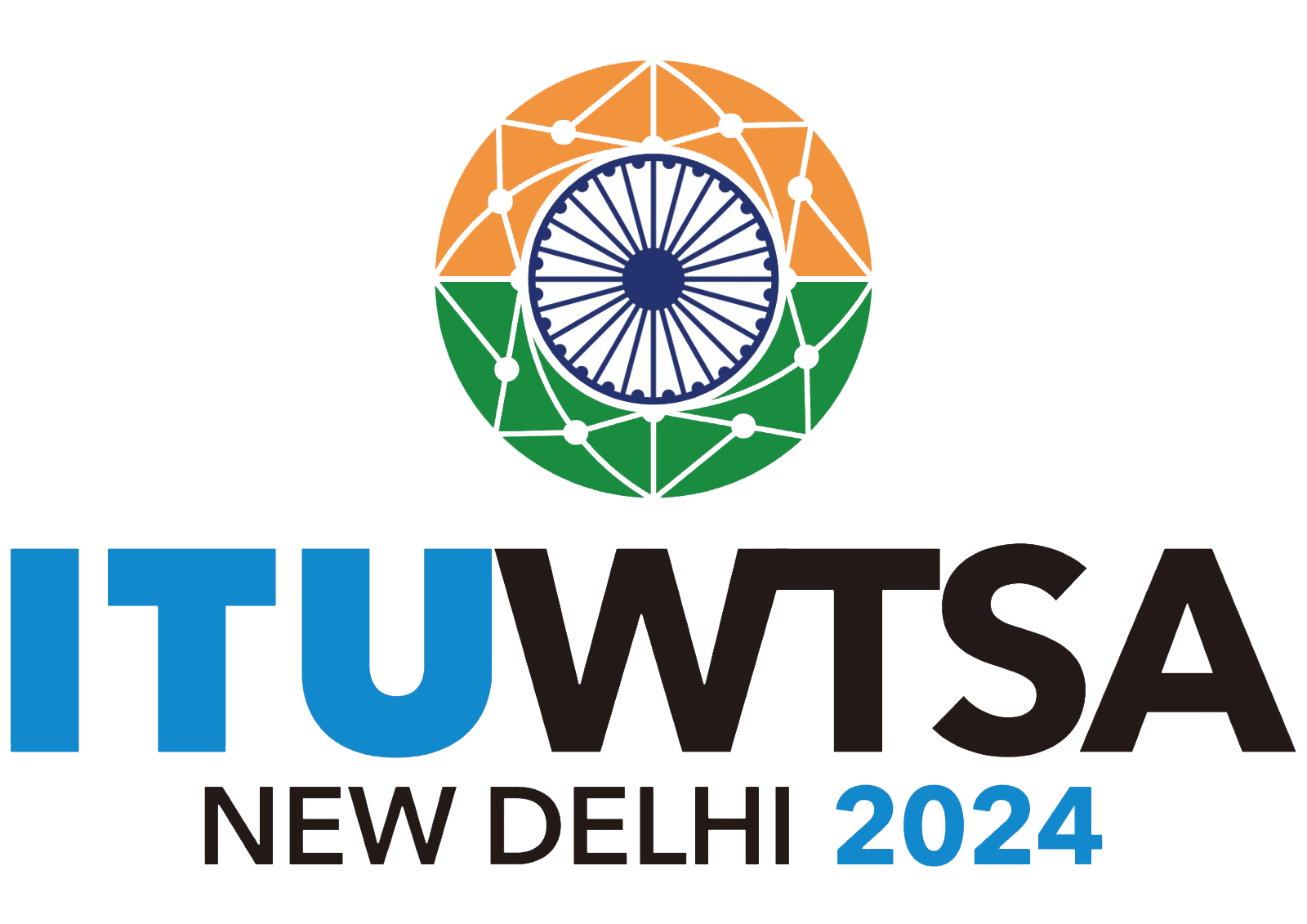Vocationalisation of Secondary Education was initially a Centrally sponsored scheme under which assistance was given to the state governments/UTs. In Mizorarn, It was launched in 1989. As directed by the scheme, the State Council of Vocational Education (SCVE) was constituted under the chairmanship of the 1 Chief Secretar5r. The SCVE is responsible for periodic review of the prograrnme implementation. The SCERT which was under the Directorate of School Education at the time was the implementing agency for Vocational Education in the state. A separate wing of State Institute of Vocational Education (SIVE) was set up at the SCtrRT to provide research and development support to the programme at the state level.
With the discontinuation of the centrally sponsored scheme in 2010-2021, Vocational Education scheme including 48 vocational teachers were transferred back from the Directorate of SCERT to the Directorate of School Education with effect from 31't January 2OI3 and were absorbed into state plan on contract basis on 5th April 2OI3.
The SCERT, Mizoram has continued to remain the Academic Authority of Vocational Education Scheme vide Notification No. B. 140 I I I 20 / 20 1 1 -EDN (RMSA) dated 9th July 2013.
The National Education Policy (NEP) 2020 has highlighted the importance of including vocational education as part of formal school education stating that "A concerted national effort will be made to ensure universal access and afford opportunity to all children of the country to obtain quality holistic education - including vocational education - from pre-school to grade 12." Vocational education consists basically of practical courses through which one gains skills and experience directly linked to a career in future. It helps students to be skilled and in turn. offers better employment opportunities.
As stated in Para 3.15 of the school bag policy and Para 4.26 of NEP 2020, during grades 6-8, every student will have a survey and hands on experience of a sampling of important vocational crafts such as carpentry, electric work, pottery making, gardening, metallic work, etc. as decided by States and local communities and as mapped 'by local skilling needs. All students will participate in a l0-day bagless period sometime during Grades 6-8 where they intern with local vocational experts such as carpenters, gardeners, potters, artists, etc. Similar internship opportunities to learn vocational subjects may be made available to students throughout Grades 6-12, including holiday periods.
For implementation of 10-Day Bagless Schooling, an activity based, hands-on teaching-learning guidebook has been developed by the SCERT, Mizoram to be used by teachers of Class 5 to 8 called 'Nun Kawng Sialna Bu', which has been distributed to all schools by Samagra Shiksha. Class 5 is included for implementation of bagless days since it is part of the middle school stage in Mizoram. The guidebook consists of several activities under 4 sub headings - Performing Arts, Arts & Crafts, Pre-Vocational Skills and Field Visits/Projects.
Contact Officer
Ms. Lalrindiki Lecturer


















